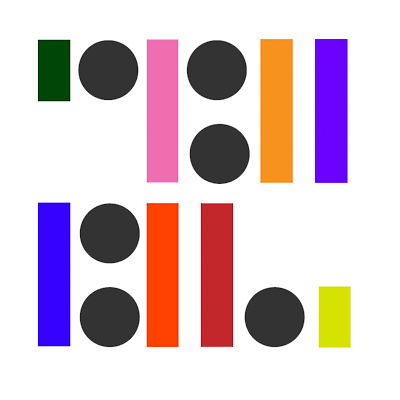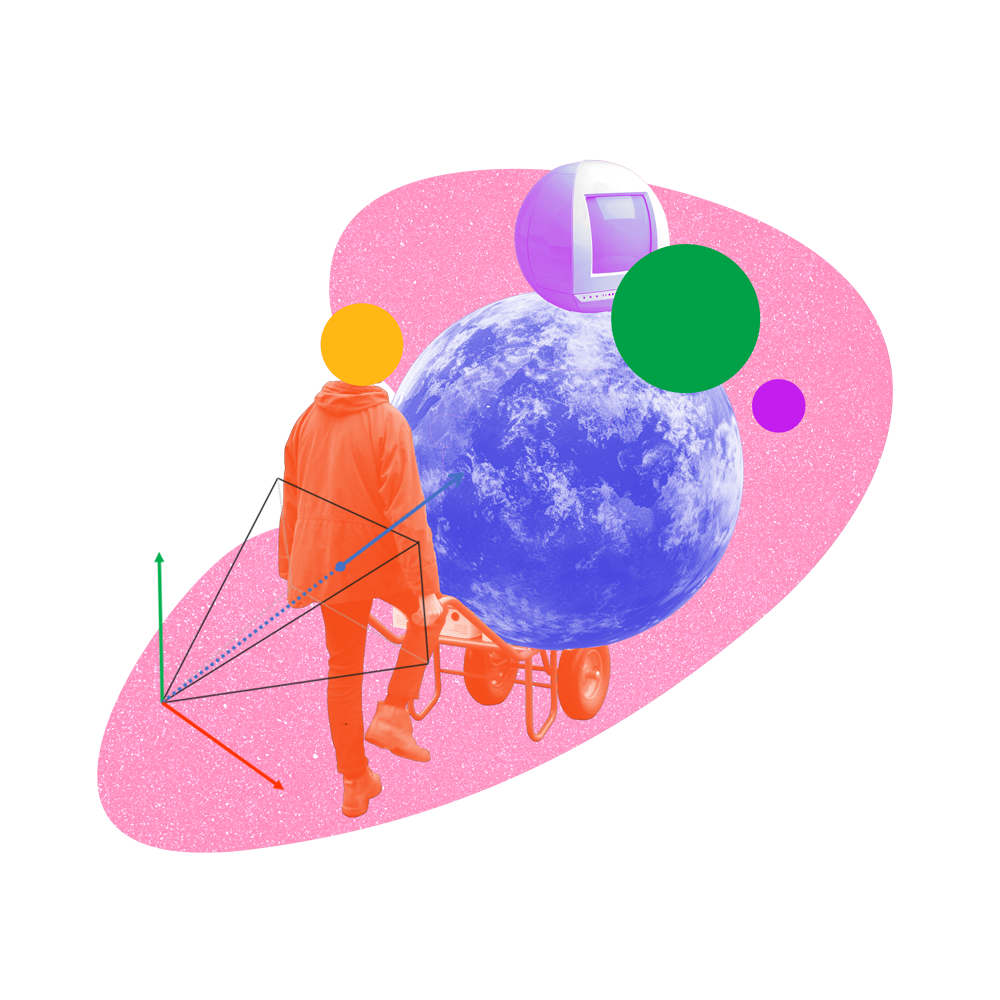How can we draw from historical precedents to create meaningful and timely immersive experiences?
• 8. October - 5. November 2025
• Online!
• Five-weeks, Wednesdays, 6-8pm CET
• Small class of participants
• Certificate of Completion
Artist / Student (Full Time)
€225* (Reg. €245)
Freelancer
€245* (Reg. €265)
Professional
€275* (Reg. €295)
Generous Supporter Ticket
€295* (Reg. €305)
*Early enrollments (by 28. Sept) keep our courses sustainable and help us plan ahead. Thank you for supporting!
course
description
“Immersion is a metaphorical term derived from the physical experience of being submerged in water. We seek the same feeling from a psychologically immersive experience that we do from a psychologically immersive experience that we do from a plunge in the ocean or a swimming pool: the sensation of being surrounded by a completely other reality, as different as water is from air, that takes over all of our attention, our whole perceptual apparatus.” - Janet Murray, Hamlet on the Holodeck: the Future of Narrative in Cyberspace (1999)
“Walt Disney Imagineering has long banned the world ‘immersive’ from internal designer brainstorms and pitches as the term has been rendered overused and not descriptive of what an experience actually is or means” - Pseudonym Productions, Immersive Arts and Entertainment Industry Mini Report, 2022
Despite the popularity of immersive experiences, it can be awfully difficult to actually put a finger on what the term “immersive” actually means. To some people, it means experiences enabled by phones or headsets. To others, it means free-roam experiences where actors and audiences comingle amongst sprawling IRL environments.
While it would be easy to see the popularity of immersive experiences as a contemporary phenomenon, this course contextualizes immersive design as almost as old as humanity itself. This course will include readings and lectures designed to enrich students' understandings of how and why immersive experiences are created, which for the purposes of the course will include opera, cave paintings, Instagram funhouses, theme parks, audio-walks, acts of resistance, “happenings,” and more.
We will examine how the "white cube" context of art museums is actually a comparatively recent phenomenon that decontextualizes art objects by removing them from artists’ studios and instead placing them within heavily moderated institutional spaces that implicitly and explicitly dictate how audiences are permitted to engage.
At the culmination of the course, students will be asked to analyze and present either an in-progess immersive experiences that they are currently designing or that they have experienced and enjoyed. Presenters will receive constructive feedback from the instructor and their classmates.
In this course you will be introduced to
basic game design principles
non-linear narrative design
multisensory design
accessibility
institutional critique
economic models for immersive experiences
course
outline
Week 1: Introductions and Foundations - What is Immersive? A Historical Perspective**
This week establishes a shared understanding of immersive design, tracing its roots from historical concepts like Wagner's Gesamtkunstwerk to modern applications. We will explore core principles such as presence, embodiment, and the suspension of disbelief, analyzing how they function across different media. The spectrum of immersion, from passive observation to active participation, will be introduced alongside the importance of a site's context. Finally, we will review the parameters and expectations for the course's final project.
Week 2: Audience & Agency - The Role of Game and Interaction Design
Our focus shifts to the participant's role, examining how game design principles can create meaningful agency and choice. We will analyze the relationship between interactivity and narrative, investigating structures like branching storylines that respond to audience decisions. A key objective is to learn how to design for diverse participant comfort levels by effectively scaffolding participation. The ultimate goal is to understand how these mechanics can foster deep engagement and even catalyze behavioral change.
Week 3: Sensory Design - Light, Sound, Smell, Touch and Taste
This module delves into the multisensory toolbox—light, sound, smell, touch, and taste—that builds a truly enveloping experience.
We will study case studies that masterfully integrate these elements to create powerful atmospheric and emotional effects. A central tenet of our exploration is designing for accessibility, ensuring immersive experiences are inclusive across various sensory modalities and abilities.
Week 4: Public Spaces, Panopticons, and Institutional Critique
We critically examine the often-unseen power structures embedded within immersive environments, from the panopticon to modern surveillance. This week applies the lens of institutional critique to explore the politics of space, access, and control in experiential design. A crucial conversation will center on the ethics of participant privacy and the fundamental necessity of informed consent within these constructed worlds.
Week 5: Student Presentations and Feedback
The course culminates in student presentations of final design concepts. This session is a practical exercise in effectively communicating a creative vision for an immersive experience. Participants will provide and receive constructive feedback, using the key themes and vocabulary established throughout the course to refine their projects.
who is this
class for?
Anyone interested in thoughtfully consuming or creating immersive media. No prior experience is necessary,
about online classes
Classes are 'live' meaning that you can directly interact with the instructor as well as with the other participants from around the world. Classes will also be recorded for playback in case you are unable to attend for any reason. For specific questions, please email us and we'll get back to you as soon as we can.
about
scholarships
We are offering a limited number of reduced fee scholarships for this online class for those facing financial hardships. These allow participants to pay a reduced fee and are reserved for women, BIPOC, and LGBTQ+ who otherwise would be unable to attend. To be considered for one of these scholarships, please use this form.
To apply for a reduced fee scholarship, you must fill in the form no later than two weeks before the course begins. We will not accept any class sign-ups or scholarship applications after this date, as our regular sign-ups will determine the amount of scholarships we can accommodate. We will notify you only shortly thereafter if your application has been approved.
We are a small organisation with no outside funding and like many, we are also in survival mode. We depend on tuition fees for reimbursing class instructers, space fees, and operational costs. We ask you to consider this when applying for a reduced fee scholarship. <3
meet the
instructor
Sarah Brin
Creative Industries Consultant
Sarah Brin is a creative industries consultant who specializes in immersive experiences, audience impact and technological infrastructure. Some of her clients and collaborators include Sony Interactive Entertainment, Superflux, Meow Wolf, Rolls Royce, Watershed and more.

